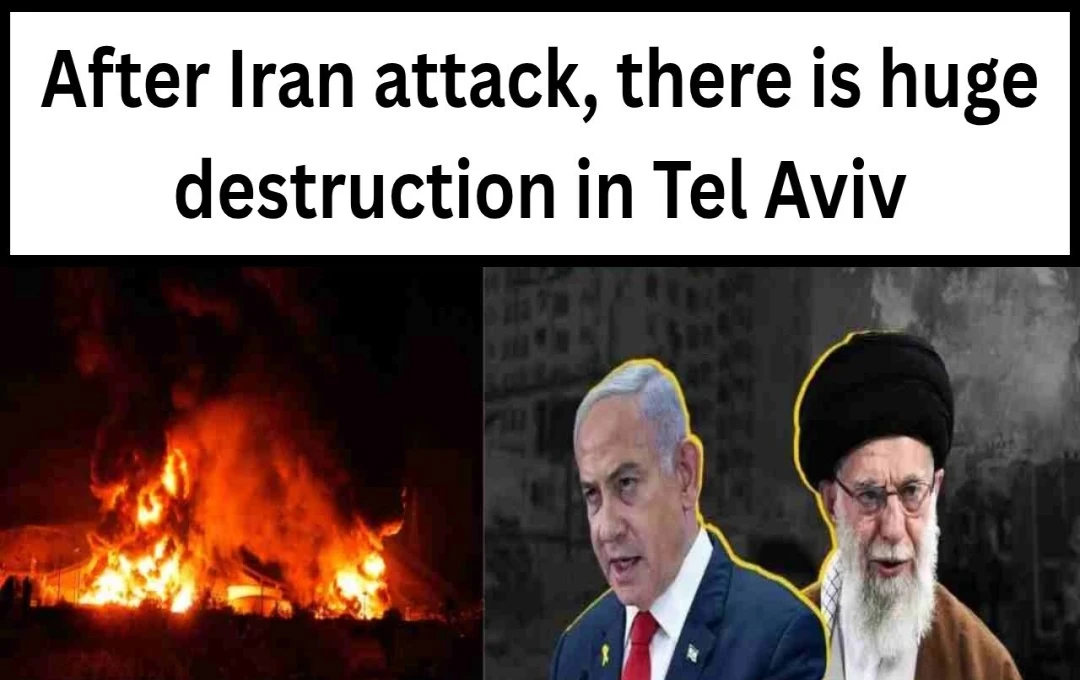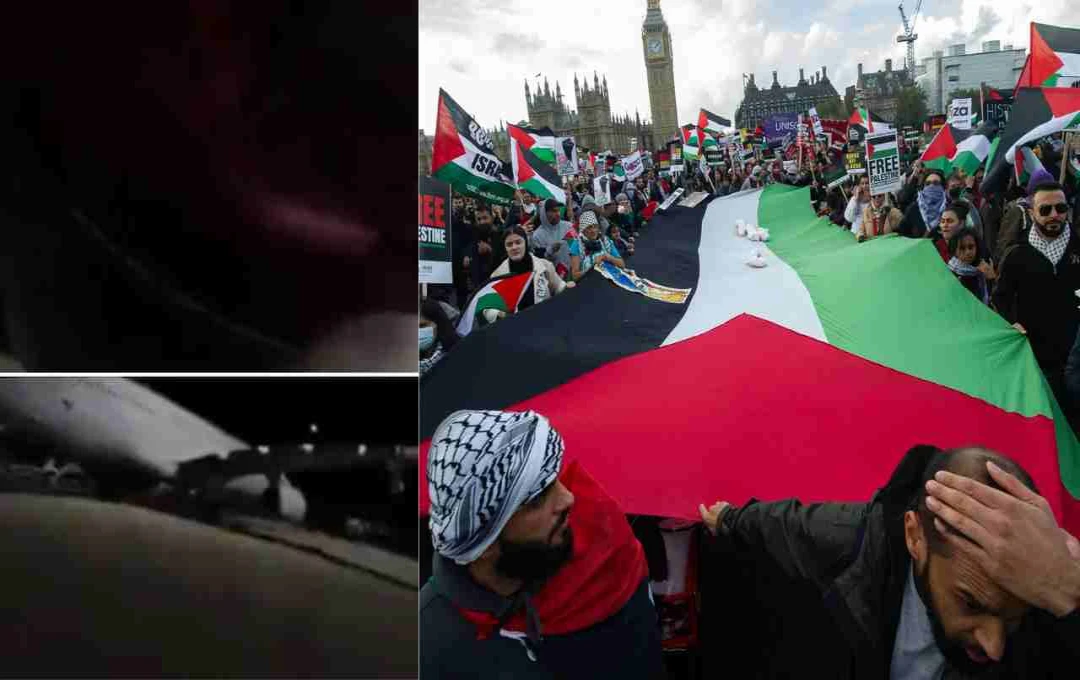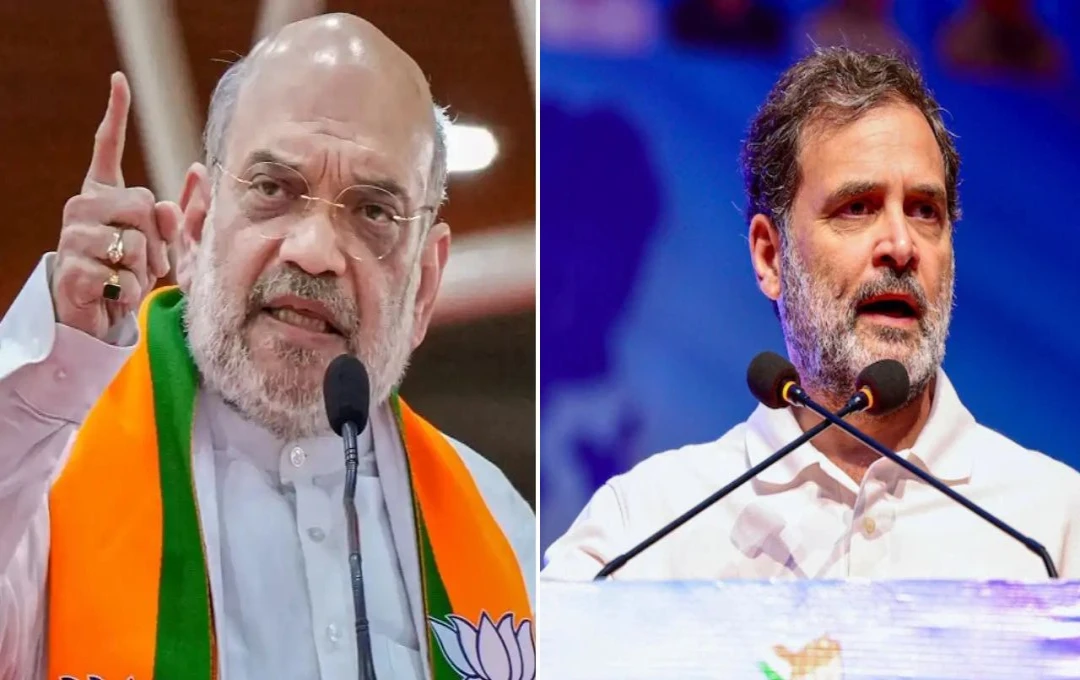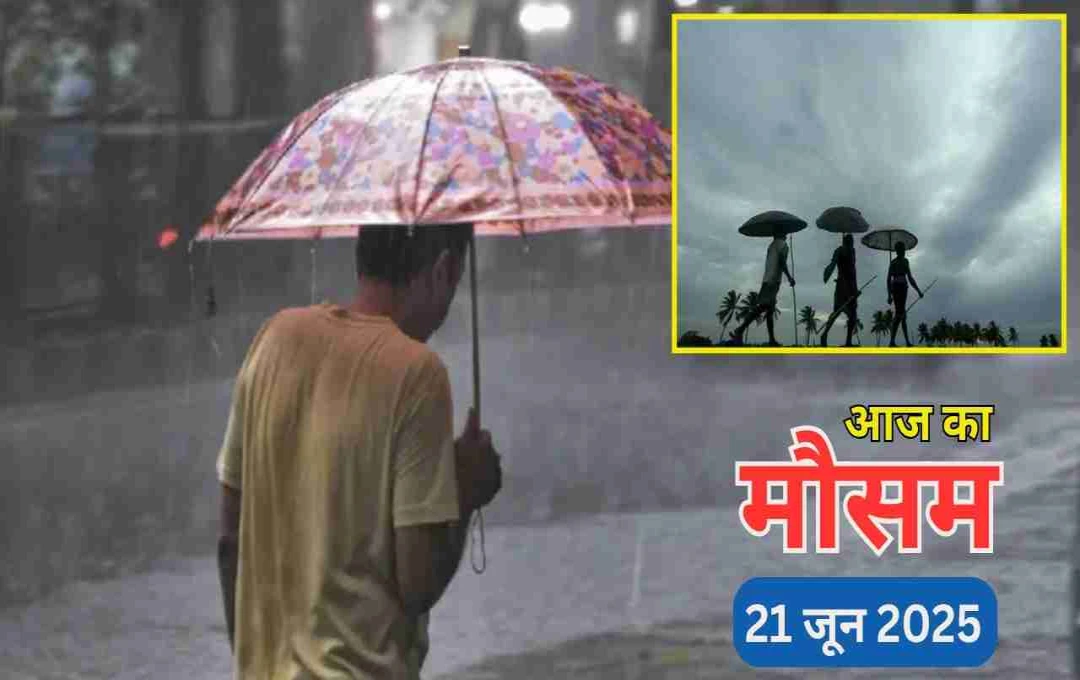Tensions between Iran and Israel continue to escalate. On Friday, Iran launched another barrage of missiles at Israel, marking the eighth consecutive day of intense fighting between the two nations. This conflict has created a climate of anxiety throughout the Middle East.
Israel-Iran War Update: The Middle East once again stands on the brink of war. The conflict between Israel and Iran appears to be reaching its peak. Friday marked the eighth day of the war, with Israel confirming attacks on Iranian military sites, while Iran launched missile and drone attacks on southern Israel, including Tel Aviv, causing widespread destruction.
Meanwhile, Iranian Foreign Minister Abbas Araghchi condemned the Israeli attacks on Iranian nuclear facilities as a "grave war crime" at the United Nations Human Rights Council.
Iran's Counterattack
Iran's counterattack shook Tel Aviv, the Israeli capital. The attack, which began Thursday night, continued into Friday morning, utilizing over 100 missiles and suicide drones. These attacks affected several residential areas in Tel Aviv, while a missile strike on the Soroka Medical Center in Beersheba injured over 240 civilians.
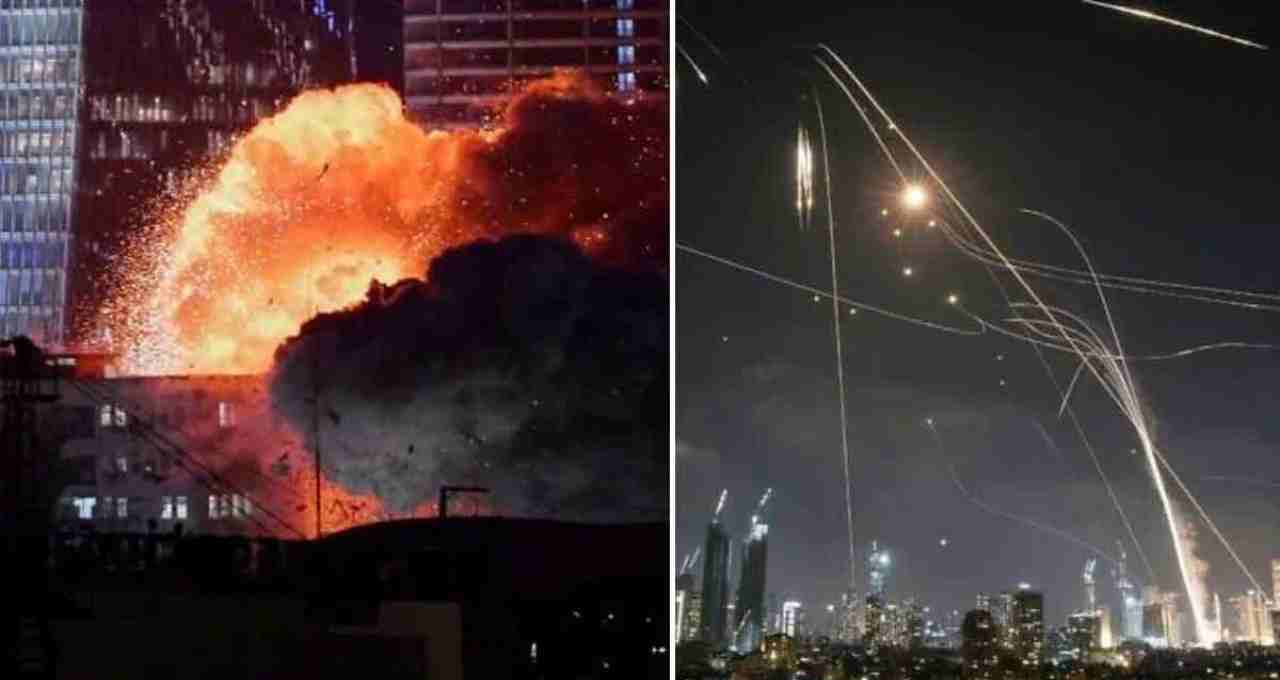
A statement released by the Iranian Revolutionary Guards stated that this action was taken under the right of "sovereignty and self-defense." They claim that Israel's attack on Iranian nuclear facilities was unacceptable and will be met with a b response.
Israel's Retaliation: 'Khamenei Responsible'
Israeli Defense Minister Yoav Gallant and his colleague Israel Katz, addressing the press on Friday, directly blamed Iran's Supreme Leader Ayatollah Ali Khamenei for the attacks. Katz wrote on social media, "Khamenei started this war; now he will face the consequences."
The Israeli Defense Forces (IDF) claimed to have targeted military and missile launching bases in Tehran and the Iranian city of Qom over the past 24 hours. However, this has yet to be independently verified.
Nuclear Crisis: Negotiation or War?
A further, more concerning aspect of the crisis is Iran's nuclear program. Iranian Foreign Minister Abbas Araghchi stated at the United Nations that his country's nuclear policy is for peaceful purposes, but Israel deliberately attempted to destroy this infrastructure, violating international law.
Meanwhile, a meeting took place in Geneva between European leaders and Iranian representatives to discuss limiting nuclear enrichment. According to Reuters, a senior Iranian official indicated that the country might reconsider implementing certain conditions of the nuclear agreement – provided that military attacks cease.
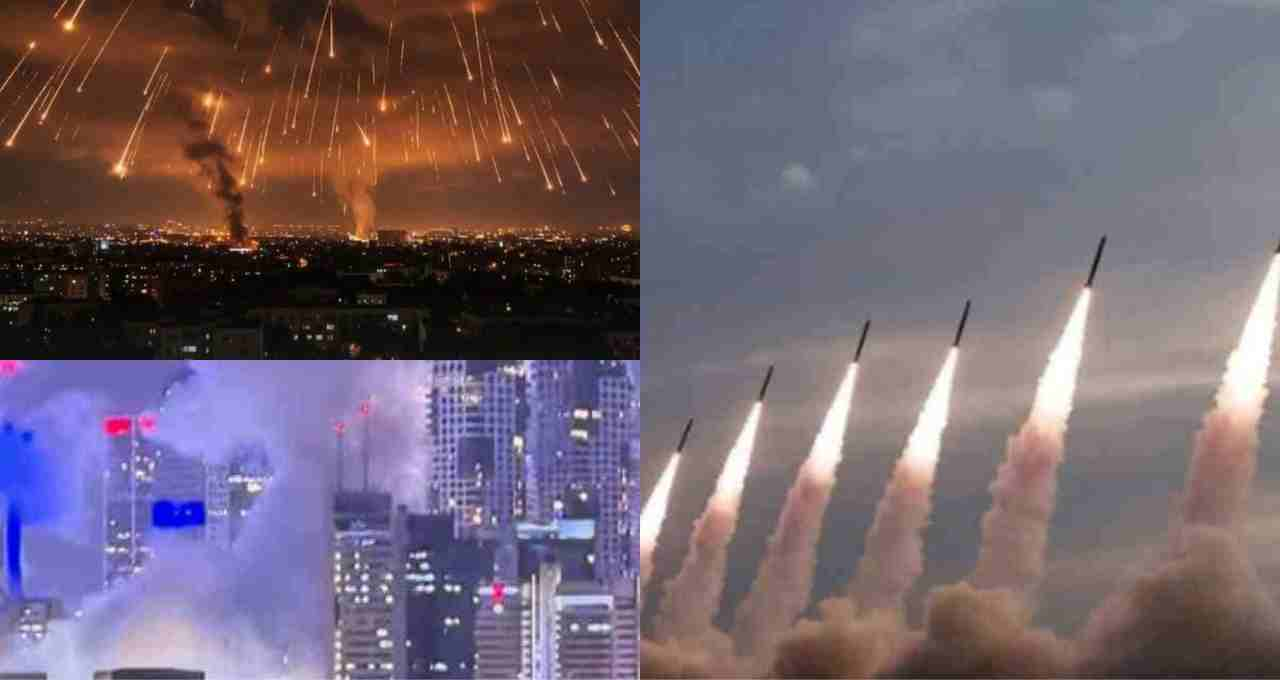
America's Role: Awaiting Trump's Decision
US President Donald Trump now faces a major decision – whether the US will actively intervene in this conflict. A White House spokesperson said Friday that the president will decide within two weeks whether military action against Iran is necessary. According to sources, back-channel talks between the US and Iran are also ongoing. A series of secret meetings between US envoy Steve Witkoff and Iranian Foreign Ministry officials are underway, although no concrete results have yet emerged.
This conflict has clouded the prospects for peace in West Asia. The events so far suggest that this may not be a limited clash, but the beginning of a long-term strategic conflict. Israel is utilizing its military capabilities to the fullest extent, while Iran is also responding with full force.
